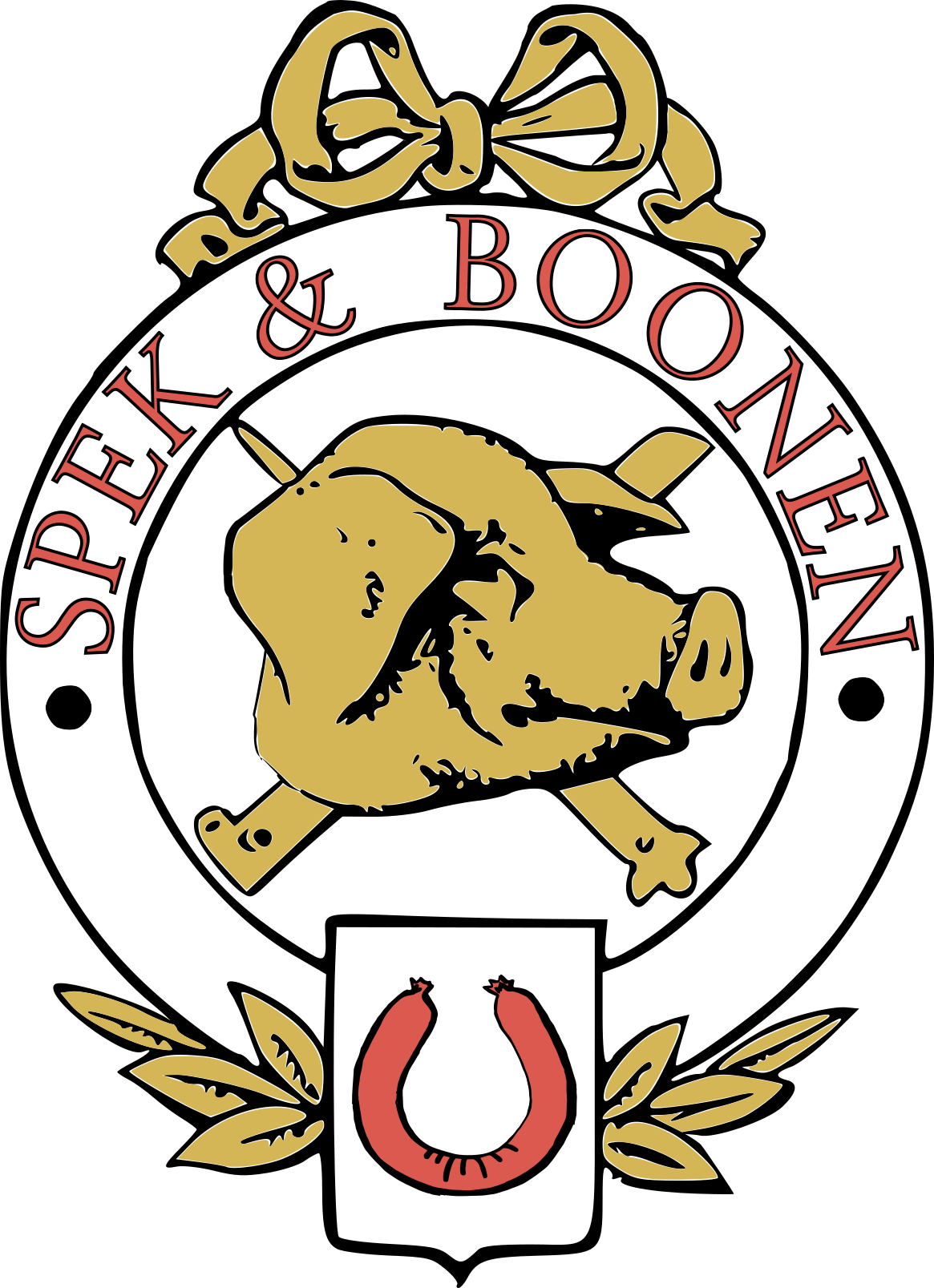As an ethical artisan butcher shop owner, I've witnessed firsthand the detrimental impact of supermarkets on our food system and the environment. These vast, impersonal establishments, while offering an illusion of abundance and convenience, are the antithesis of sustainability.
Supermarkets, driven by profit and efficiency, prioritise mass production and global sourcing, resulting in a system that prioritises quantity over quality and sustainability. Their endless aisles of packaged and processed foods, often sourced from unsustainable farming practices, contribute to a culture of overconsumption and waste.
The supermarket model disconnects consumers from the true origins of their food, perpetuating an illusion of abundance that masks the hidden environmental and social costs. Small-scale farmers and local producers, the backbone of sustainable food systems, are often pushed to the margins, unable to compete with the supermarket giants' relentless pursuit of lower prices and higher profits.
As an ethical butcher, I'm committed to providing customers with high-quality, locally sourced meat, ensuring that every animal is raised humanely and ethically. I work closely with local farmers, fostering relationships that promote sustainable practices and respect for the environment.
At my butcher shop, you won't find endless aisles of packaged products or exotic goods flown in from across the globe. Instead, you'll find a carefully curated selection of locally sourced meat, cut and prepared with the utmost care and attention.
The experience of buying meat from an ethical butcher is vastly different from that of browsing the supermarket aisles. There's a sense of connection, a story behind each cut of meat, a tangible link between the animal and the plate.
By choosing to support local butchers and producers, consumers can play a crucial role in shaping a more sustainable food system. They can reject the convenience of supermarkets and embrace a more conscious approach to food consumption, one that prioritises quality, sustainability, and ethical practices.
The path towards a sustainable food system starts with small steps, with individual choices that collectively create a ripple effect. By supporting local producers, demanding transparency from supermarkets, and embracing a more mindful approach to food consumption, we can create a future where food is not just a commodity but a source of nourishment, connection, and environmental stewardship.

